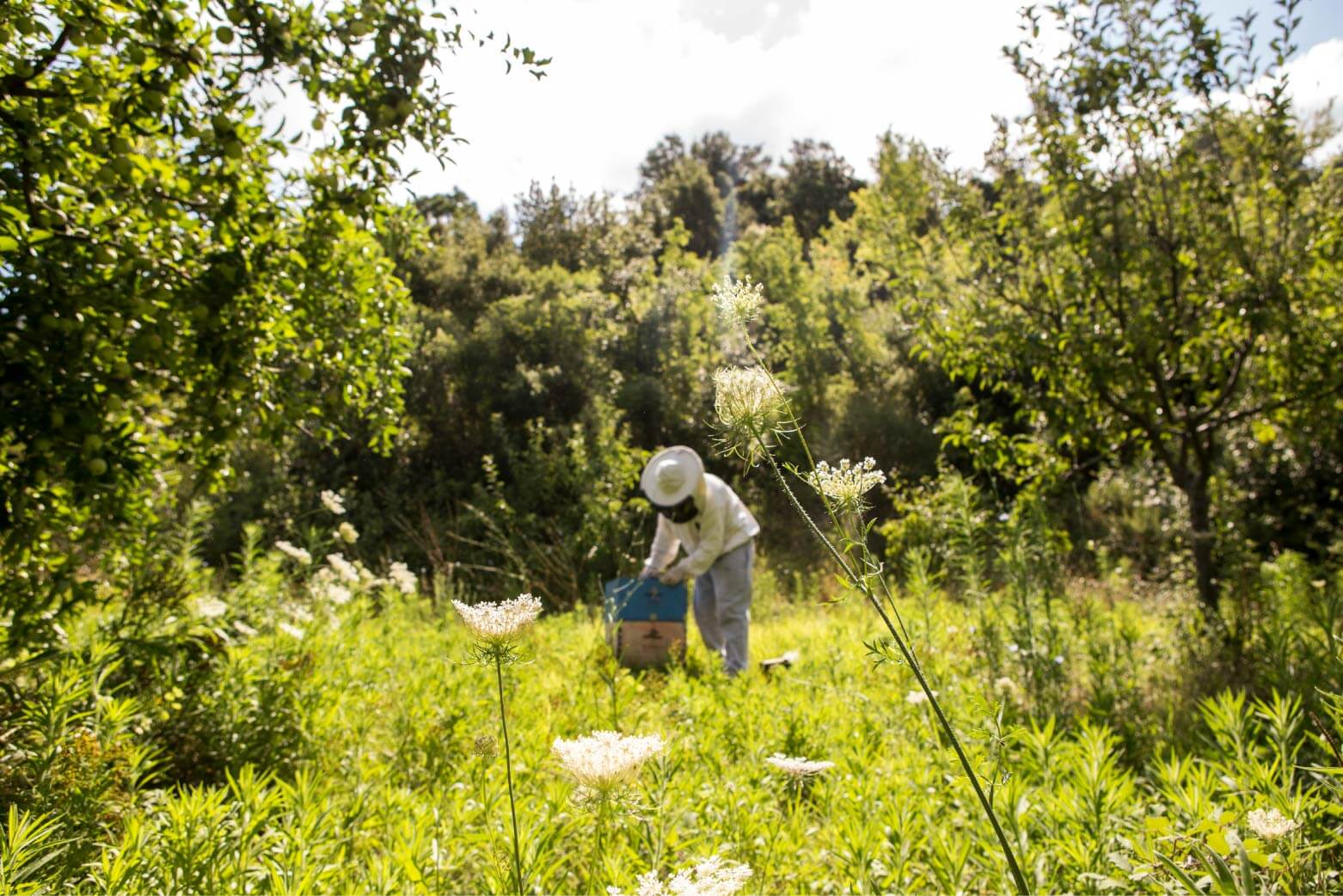Oxford University Medical School & Nuffield Department of Primary Care Health Sciences, University of Oxford, UK has published the most comprehensive systematic review evaluating honey for the improvement of a range of upper respiratory tract infection (URTI) symptoms.
Oxford University researchers reviewed and analyzed 14 studies including experiences of 1,761 participants before reaching to a conclusion that honey is consistently more effective in improving URTI symptoms. In fact, honey has been a lay remedy and is a well-known traditional therapy for URTI symptoms for a very long time. The study shows that honey is superior to usual care for the improvement of URTIs, particularly cough frequency and cough severity. The study shows that the symptoms of patients who received honey lasted 1-2 days shorter than those who received usual care.
As a natural remedy for cough, honey has antimicrobial properties, and some medical guidelines recommended honey for acute cough in children. Also, adverse effects were not observed in most patients given honey, and they were relatively mild, such as nausea. Honey is commercially consumed and is safe for use by the majority of the population, apart from allergic individuals and infants under 1 year of age.
Honey provides a widely available and cheap alternative to antibiotics. URTIs are the most frequent reason for antibiotic prescription. Since the majority of URTIs are viral, antibiotic prescription is both ineffective and inappropriate. Antibiotics are associated with significant adverse effects in children and adults and antibiotic overuse is a key driver of antimicrobial resistance, rated by the UK government as one of the top 10 risks facing Britain
On the other hand, honey is more effective and less harmful than usual care alternatives and avoids causing harm through antimicrobial resistance. When clinicians wish to prescribe for URTIs, the study would recommend honey as an alternative to antibiotics.








